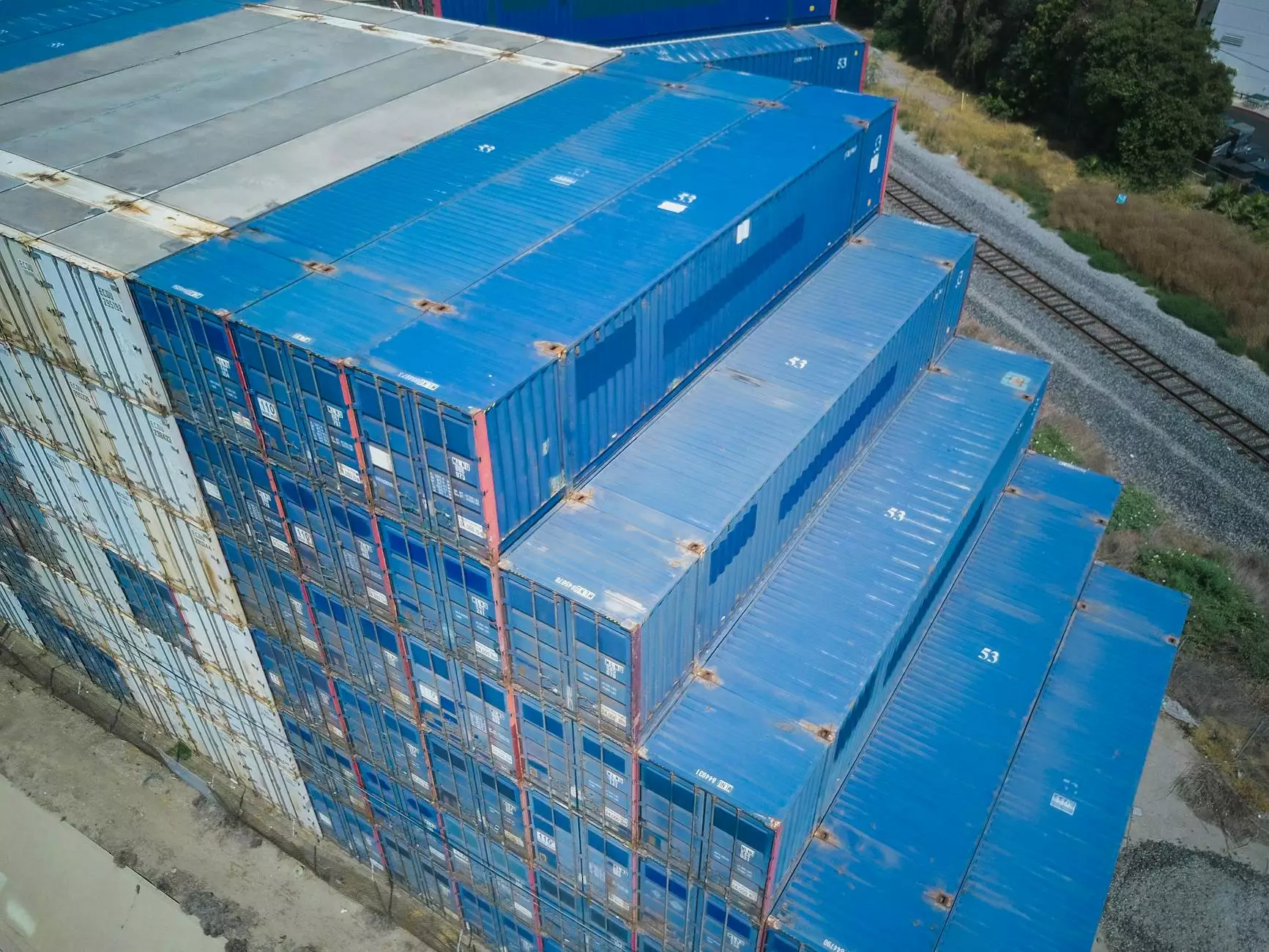Understanding Diesel Engines: The Backbone of Power Solutions

In the fast-paced world of modern industry, diesel engines stand out as a dependable powerhouse. From construction sites to massive ships and generators, the diesel engine has proven itself indispensable. This article delves deeply into the mechanics, applications, and benefits of diesel engines, making it an essential read for anyone interested in understanding why they are so vital in various sectors.
What is a Diesel Engine?
A diesel engine is an internal combustion engine that operates using diesel fuel. Unlike its gasoline counterpart, which uses a spark plug for ignition, a diesel engine utilizes the heat generated from compressing air in the cylinder to ignite the fuel. This method increases the thermodynamic efficiency of the engine and provides significant benefits.
Key Features of Diesel Engines
- Fuel Efficiency: Diesel engines are renowned for their superior fuel efficiency compared to gasoline engines, making them more economical for long-distance travel and heavy-duty applications.
- Torque Characteristics: They deliver more torque at lower speeds, which is ideal for heavy machinery that requires significant starting power.
- Durability and Longevity: Diesel engines are built to withstand higher stress and have a longer lifespan than gasoline engines, often reaching over a million miles with proper maintenance.
- Lower CO2 Emissions: When considering carbon footprint, diesel engines produce lower CO2 emissions per unit of energy, benefiting the environment when used correctly.
The Mechanics Behind Diesel Engines
To truly appreciate how diesel engines work, it's crucial to understand the internal processes. The diesel engine operates on the Otto cycle principles but with modifications that afford it more efficiency.
Components of a Diesel Engine
Several critical components work in harmony within a diesel engine:
- Cylinder: The primary space where fuel combustion occurs.
- Piston: Moves up and down inside the cylinder, translating the combustion pressure into mechanical power.
- Crankshaft: Converts the linear motion of the pistons into rotational motion to drive machinery.
- Fuel Injector: Sprays precise amounts of diesel fuel into the combustion chamber, igniting it due to the high temperature from compressed air.
- Turbocharger: Increases the engine's efficiency and power output by forcing more air into the combustion chamber.
Applications of Diesel Engines
The versatility of diesel engines allows them to be employed across a vast array of applications. Some of the most common include:
Transportation
From freight trains to ships, diesel engines power the world's logistics systems. Their longevity and fuel efficiency make them the preferred choice for long-distance transportation of goods.
Construction Equipment
In construction, diesel engines power heavy machinery such as excavators, bulldozers, and cranes. Their ability to deliver high torque ensures that these machines can perform rigorous tasks without faltering.
Agricultural Machinery
Farm tractors and combine harvesters typically use diesel engines due to their fuel efficiency and durability, enabling them to operate effectively over extensive periods, often in challenging conditions.
Generators
Diesel generators provide a reliable power source for industries, emergency services, and residential areas. They are particularly favored for their ability to produce substantial energy output in times of need.
The Future of Diesel Engines
While the world trends toward greener technologies, diesel engines continue to evolve. Innovations such as cleaner burning technologies and hybrid systems are being developed to enhance their efficiency and reduce emissions. Here’s what to expect:
Emission Standards and Regulations
Countries worldwide are imposing stricter emissions standards, compelling diesel engine manufacturers to innovate continuously. Advanced technologies such as Selective Catalytic Reduction (SCR) and Exhaust Gas Recirculation (EGR) help reduce NOx emissions significantly.
Incorporating Renewable Fuels
The transition towards renewable energy sources is also impacting the diesel engine sector. Bio-diesel—derived from plant materials—is becoming a feasible alternative that can replace traditional diesel fuel without requiring substantial modifications to existing engines.
Choosing the Right Diesel Engine for Your Needs
When selecting a diesel engine, various factors must be considered to ensure that it meets your specific requirements. Understanding the unique benefits and attributes of each type can be crucial. Here are some tips:
Assess Your Power Requirements
Start by determining how much power you need. For instance, large-scale industrial operations may require high-horsepower engines, while smaller generators suffice for residential backup.
Evaluate Your Usage Conditions
Consider where and how the engine will be used. Harsh environments may necessitate engines designed for durability and corrosion resistance. In contrast, standard operations may be suited for less rugged specifications.
Look for Fuel Efficiency
Evaluate the fuel consumption rates of different engines. Investing in a more fuel-efficient diesel engine may lead to significant long-term savings.
Conclusion
In conclusion, the unparalleled capabilities of diesel engines make them a vital component across multiple industries. As we continue to innovate and adapt to new challenges, the future of diesel engine manufacturing and diesel generator supply remains bright. Companies like engine-family.com are at the forefront of providing reliable and efficient diesel solutions to meet the dynamic needs of various sectors. As we navigate through evolving technologies and environmental considerations, embracing the strengths of diesel engines is essential for sustainable progress.
For more information about our products or for further inquiries related to diesel engine manufacturing and diesel generators, visit engine-family.com.









